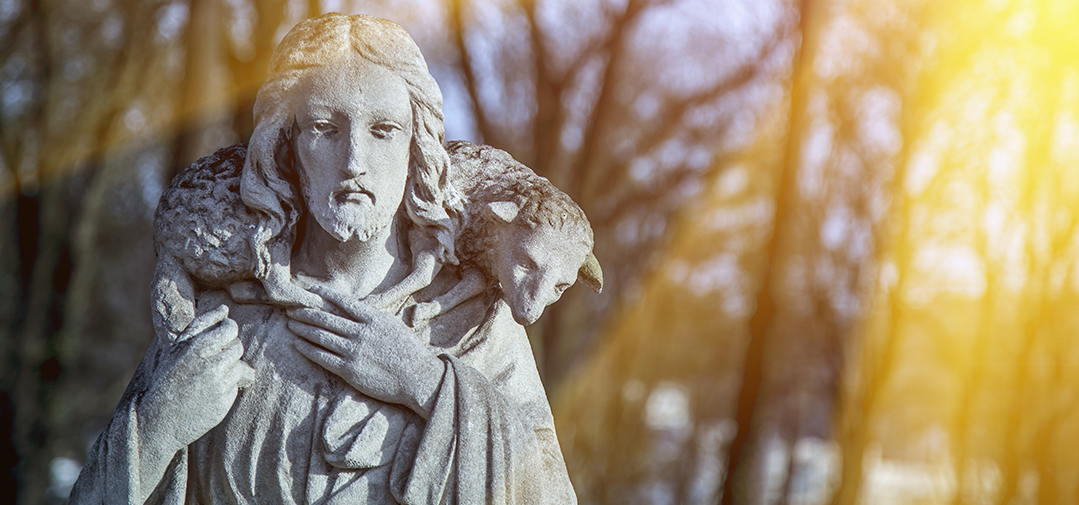By Fr. Christopher Foeckler, MJ • Phoenix, AZ
As we continue the celebration of the Jubilee Year of Hope and strive to grow in the “Hope that does not disappoint”, we should consider that St. Paul insists many times in his letters that a key to this hope and the salvation it longs for is the knowledge of Jesus Christ!
In his letter to the Ephesians, St. Paul prays that “the God of our Lord Jesus Christ, the Father of glory, may give you a spirit of wisdom and revelation resulting in knowledge of Him”, and he continues, “may the eyes of [your] hearts be enlightened, that you may know what is the hope that belongs to His call, what are the riches of glory in His inheritance among the holy ones, and what is the surpassing greatness of His power for us who believe…” Eph 1:17-18
This may seem obvious at first glance, but I would suggest that most of our difficulties in having a deep and active hope in God and the salvation He offers us who believe in Him is conditioned by how we think of the Lord.
Hope is rooted in God’s Character and His promises. It really depends on how we perceive Him. What is our image of God? Is He the “Master clock maker” who sets the universe in motion with precision and durability and then goes about His business ignoring His creation with a laisse-faire attitude? Or is He a “doting old grandfather” who loves us and gives us goodies while ignorant of our mischief and malice, but Who is also completely unaware of our dangers and needs. Or is He the “Hardnosed God” who’s impossible to please, waiting with arms folded in the distant Heavens wondering if we will be able to make our way up to Him?
This latter perception is perhaps the most dominant one throughout history. The Pharisees had this perception and so despised the Merciful Lord among them Who “welcomed sinners and ate with them”. The Jansenists of 17th century France promoted this image of God so that most people were forbidden frequent reception of Sacraments (only once a year and after a difficult confession) under the pretext of God’s holiness and transcendence!
This distorted perception of the Lord can certainly contribute to, and even cause, maladies against hope like doubt, self-doubt and, worst of all, relentless despair. If that’s our image of God, we have to change it based on the facts of Revelation. The parable of the Good Shepherd who goes in search of the lost sheep until He finds it, putting it on His shoulders to carry it home rejoicing, and many other such parables, provide ample evidence of God’s trustworthiness and goodness. Cf. LK 15ff. (The image of the Good Shepherd was, in fact, the most popular “graffiti” on the Christian sarcophagi in the Roman catacombs.) And as we pointed out last month, the Lord’s assurance that “I will be with you – always, even to the end of the age!” provides a powerful image of the Lord’s true character.
This post is also available in:
 English
English  Hindi
Hindi  Italian
Italian  Polish
Polish  Slovak
Slovak  Spanish
Spanish



